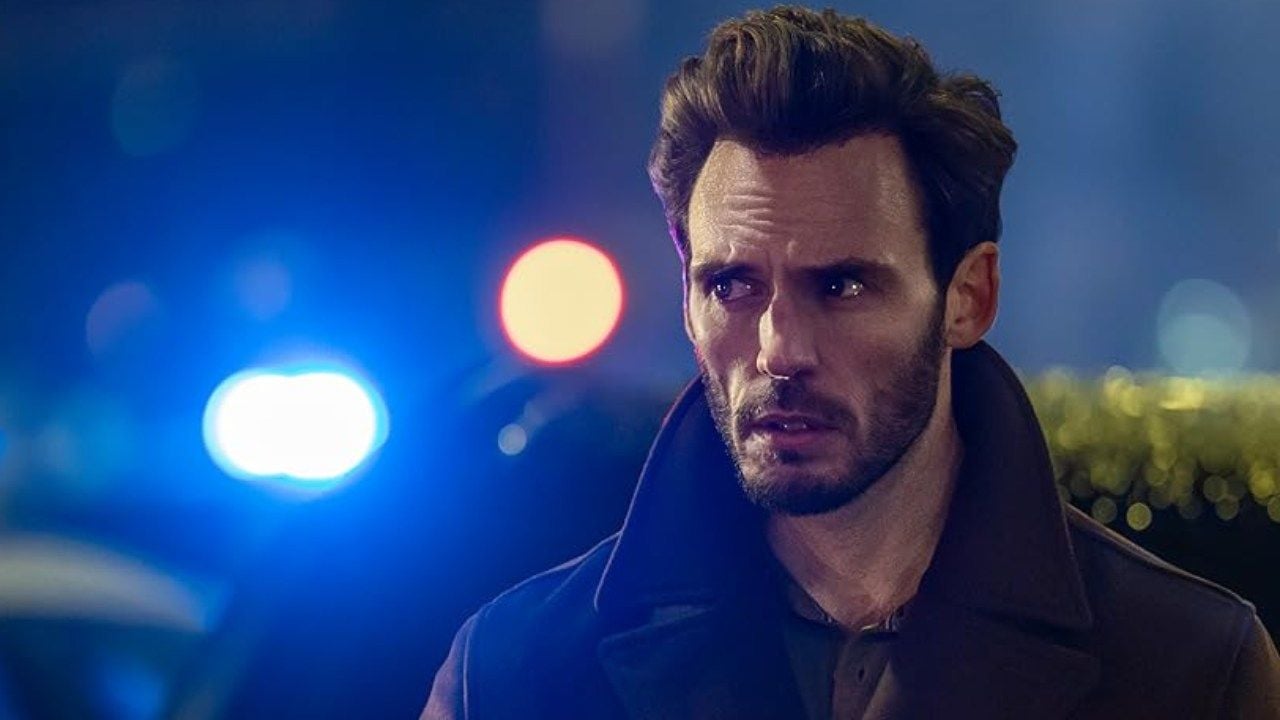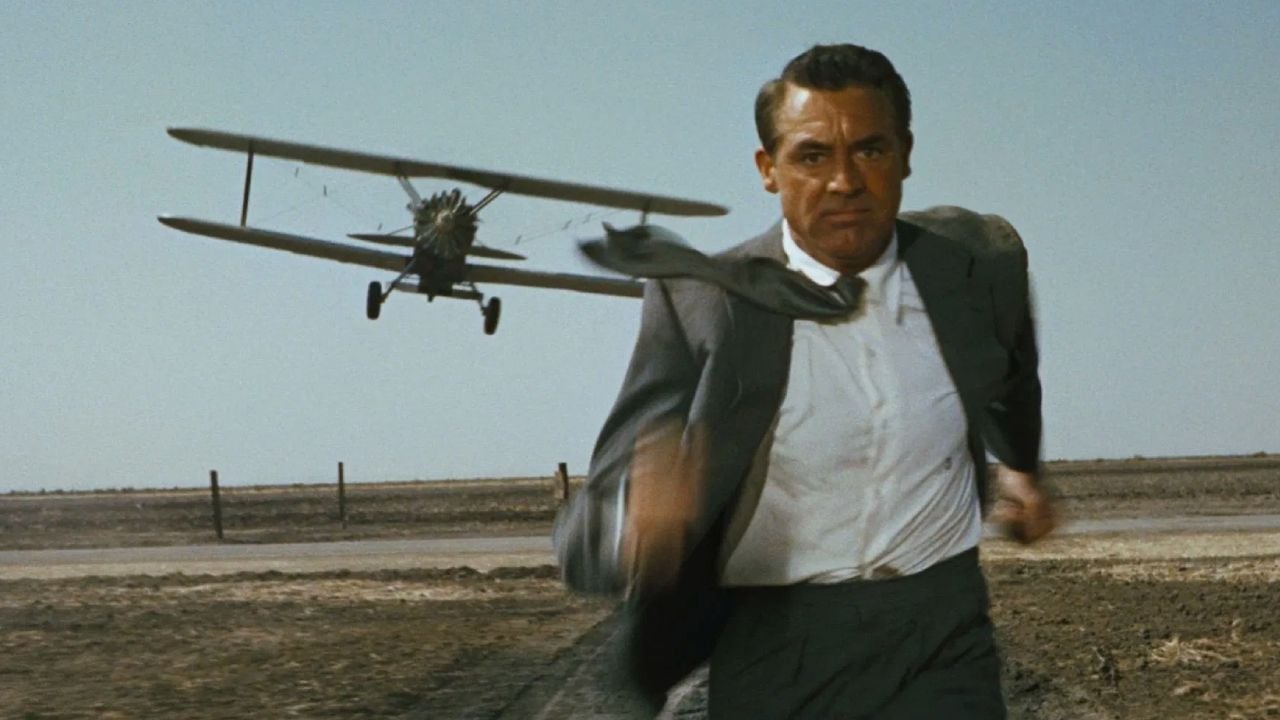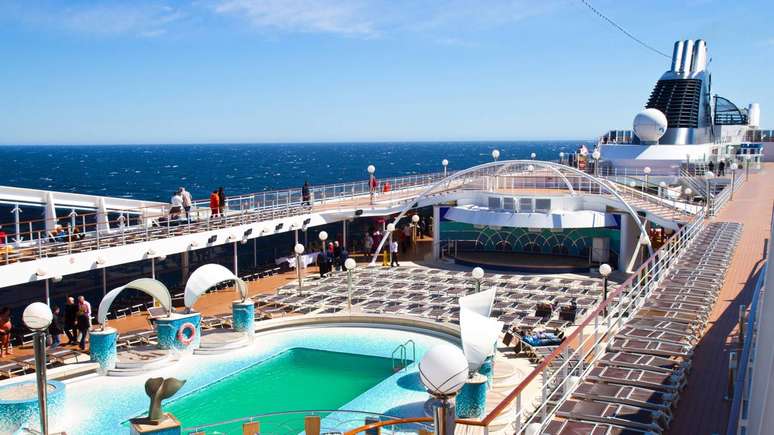The international community argued that the act was “illegitimate”
Nicolás Maduro, the iron-fisted Bolivarian leader, proclaimed winner of the July elections without having published evidence of his success, despite international pressure, has taken office for his third mandate which will see him again president of Venezuela until 2031, with a secret ceremony, closed borders and deployed missiles.
The opposition, which claims the victory of its candidate Edmundo González Urrutia, has defined the investiture as a “coup d’état”. The day was also followed by the West and several countries in the region, which in addition to boycotting the ceremony at the Palace of Congresses in Caracas, expressed their protest with sanctions and political declarations on the illegitimacy of the act. The United States, for example, increased the reward for the capture of the Chavista head of state to $25 million.
Maduro was sworn in on an original copy of the current Constitution, signed by Hugo Chávez, founder of the so-called Bolivarian Revolution. And a few moments after receiving the presidential sash, in his first speech of the new mandate, the president repeated one of his most recurring mantras, declaring that “Venezuela can be neither colonized nor dominated, neither with stick diplomacy nor with that of the carrot. We will apply the Constitution once and a thousand times, as we have done in recent years.”
The president also indicated his recipe for the country’s future, promising “radical changes” with the approval of the “Seven Transformations Plan”. In a passionate speech dedicated above all to the defense of his power, Maduro provided some details, indicating the construction of “a new national, productive, diversified and self-sufficient economic model”, of “human cities, the consolidation of mechanisms that guarantee security, defense and peace”, as well as the development of a “green economy” and the emergence of the “new multipolar and multicentric world” with Venezuela “at the forefront of the new geopolitics of peace and world transformation, together with the Brics countries”.
At the same time, the United States imposed new sanctions against eight senior Venezuelan officials “heading key economic and security agencies that enable President Maduro’s repression and subversion of democracy in Venezuela.” Among them are senior members of the army and police, as well as the presidents of the oil company and the state-owned airline.
The United Kingdom has moved along the same path, taking action against 15 people linked to Maduro’s “illegitimate regime”, warning that London “will not stand by and watch” while in Venezuela “oppression and the weakening of democracy continue to commit acts appalling to humanity.” rights violations.”
A condemnation also came from the European Union, with a statement from the bloc’s High Representative, Kaja Kallas, on behalf of the 27 member states. “Maduro does not have the legitimacy of a democratically elected president. The EU supports the Venezuelan people in their defense of democracy,” he said.
Italy’s position is also clear, with Giorgia Meloni declaring: “We intend to continue working for a democratic and peaceful transition. The legitimate aspirations for freedom and democracy of the Venezuelan people must finally be realized”, while the United Nations has launched a new appeal for the release of all political prisoners. .
Source: Terra
Rose James is a Gossipify movie and series reviewer known for her in-depth analysis and unique perspective on the latest releases. With a background in film studies, she provides engaging and informative reviews, and keeps readers up to date with industry trends and emerging talents.





